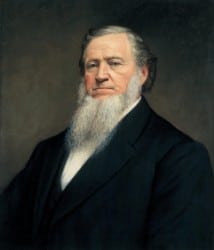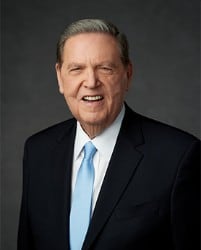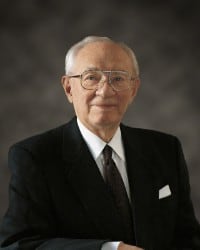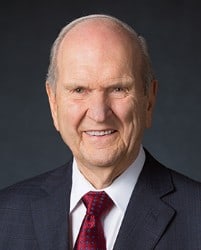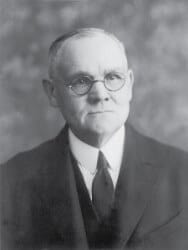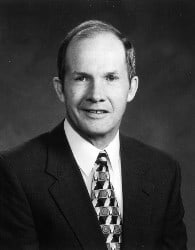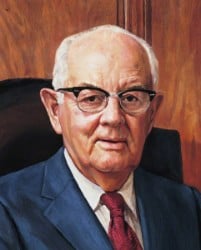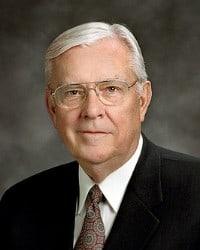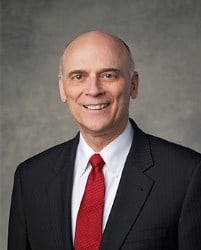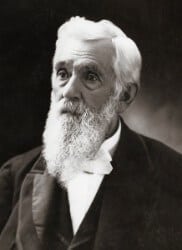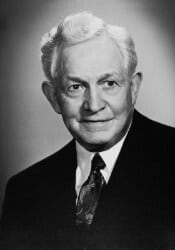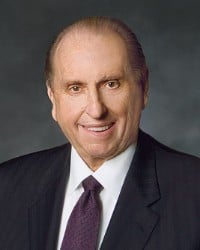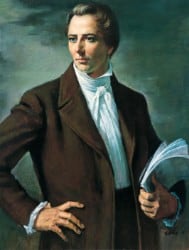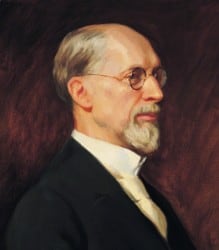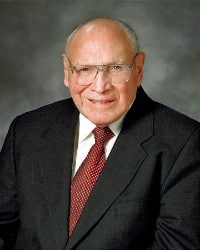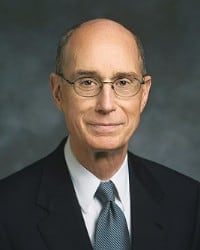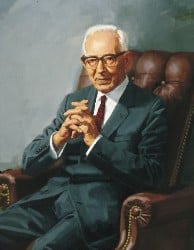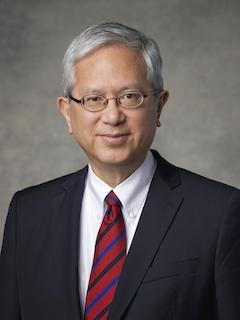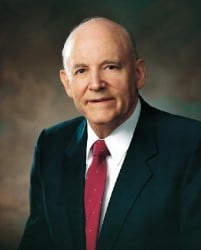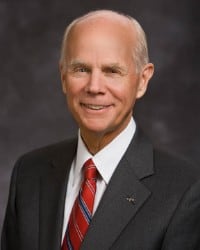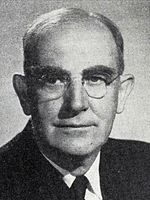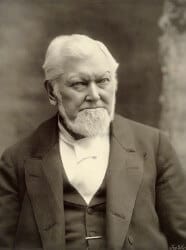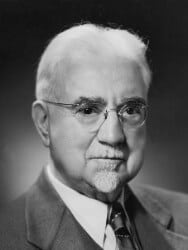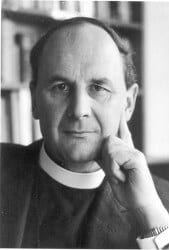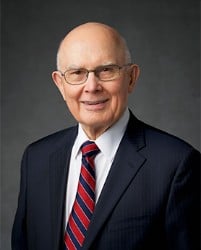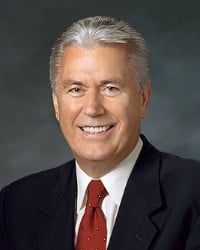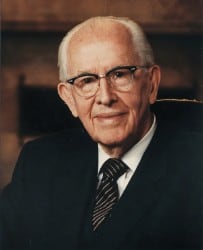In that first bright Easter morn, Peter and John ran with alarm to the empty tomb, into which had been placed the lifeless body of the Savior Jesus Christ just days before. Similar concern must have filled the mind of Mary Magdalene as she gazed into the sepulcher now void of the body of the Master. Confusion and dismay were not to last, however, as the Resurrected Lord made manifest to those so dear to Him in life the reality of eternal life and the miracle of the Resurrection. (See John 20.)
We now rejoice with all of faithful Christendom at the marvelous message of the Resurrection. By virtue of His loving gift of life, each of us will rise from the grave, body and spirit joined together inseparably throughout eternity.
We proclaim that the “bands of death” (Mosiah 15:8) have, in very deed, been broken for the children of men. Each of us may lay aside all wonder, all fear of the darkness of death and rejoice, “having a perfect brightness of hope.” (3 Nephi 31:20)
We offer our solemn testimony that He lives; that the blessings of the Resurrection will be realized for each of us. We join with you in an expression of humble gratitude for His willing sacrifice and pray the blessings of heaven will attend us all, as we commemorate at this Easter time the hope and eternal promise of the Resurrection.
Gordon B. Hinckley
| The First Presidency Easter Message [Gordon B. Hinckley, Thomas S. Monson, James E. Faust], March 1997
Topics: Easter, Jesus Christ, Resurrection
